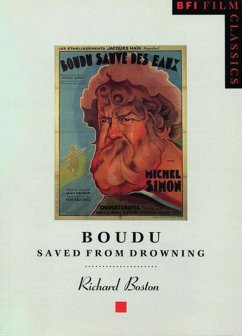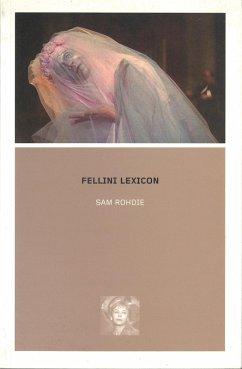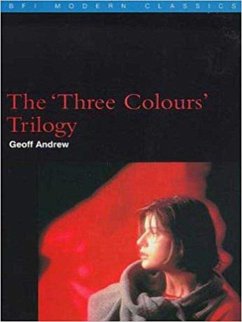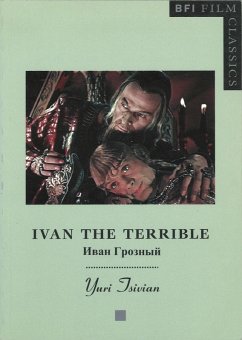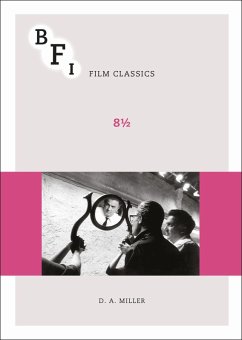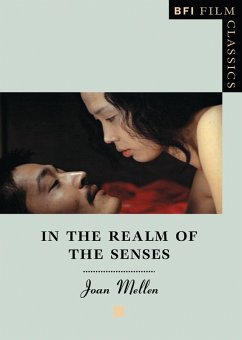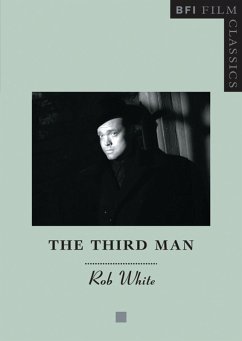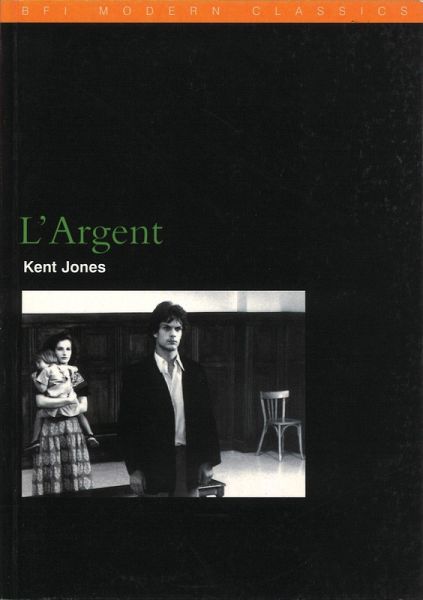
L'Argent (eBook, PDF)

PAYBACK Punkte
5 °P sammeln!
The career of Robert Bresson (b. 1907) is one of the richest in the history of cinema, but also one of the most enigmatic. For some commentators, Bresson is a severe moralist who's almost medieval in his concern for the darker aspects of Catholic theology. For others, he's best seen as a stylist whose work has consistently anticipated cinematic trends. Just as Bresson's 1959 'Pickpocket 'was remodelled by Paul Schrader as 'American Gigolo '(1980), so 'L'Argent '(1983) is a study of spontaneous murder and a meditation on evil that has a striking kinship with contemporary vigilante and serial ki...
The career of Robert Bresson (b. 1907) is one of the richest in the history of cinema, but also one of the most enigmatic. For some commentators, Bresson is a severe moralist who's almost medieval in his concern for the darker aspects of Catholic theology. For others, he's best seen as a stylist whose work has consistently anticipated cinematic trends. Just as Bresson's 1959 'Pickpocket 'was remodelled by Paul Schrader as 'American Gigolo '(1980), so 'L'Argent '(1983) is a study of spontaneous murder and a meditation on evil that has a striking kinship with contemporary vigilante and serial killer films. Kent Jones disputes some of the received wisdom about Bresson's work as it's epitomized by 'L'Argent': the work can't simply be reduced to its austere, pessimistic, or religious elements. By exploring the many dimensions of' L'Argent,' Jones finds other elements: beauty, compassion, an overriding concern with the meaningful depiction of experience. 'L'Argent 'is the culminating work of one of the select group of directors able 'to push the cinema, through the force of their own genius, onto a new plain.'





